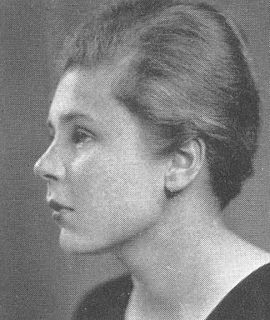A Quote by Derek Walcott
The number of people who read a poem is not as important as how the poem affects those who read it.
Related Quotes
Truly fine poetry must be read aloud. A good poem does not allow itself to be read in a low voice or silently. If we can read it silently, it is not a valid poem: a poem demands pronunciation. Poetry always remembers that it was an oral art before it was a written art. It remembers that it was first song.
I read the poem [In a Dark Time by Theodore Roethke] because I was intrigued and had one of those strange senses: "This poem is kind of important to me. I don't know why, but I'm going to just keep it in the back of my mind." I just kept coming back to it. As I started putting the book together and writing the stories for it, this idea of buzzing as a word kept popping up in my brain.
The subject of the poem usually dictates the rhythm or the rhyme and its form. Sometimes, when you finish the poem and you think the poem is finished, the poem says, "You're not finished with me yet," and you have to go back and revise, and you may have another poem altogether. It has its own life to live.
I can't read my poem "Distracted by an Ergonomic Bicycle" without thinking of Seattle, where the events of the poem took place, and I can't read "In Defense of the Semicolon" without thinking of Toronto - but why should that matter to anyone else? If another reader imagines "In Defense of the Semicolon" taking place in New Orleans, great.
A successful poem says what a poet wants to say, and more, with particular finality. The remarks he makes about his poems are incidental when the poem is good, or embarrassing or absurd when it is bad and he is not permitted to say how the good poem is good, and may never know how the bad poem is bad. It is better to write about other people's poetry.
I keep feeling that there isn't one poem being written by any one of us - or a book or anything like that. The whole life of us writers, the whole product I guess I mean, is the one long poem - a community effort if you will. It's all the same poem. It doesn't belong to any one writer - it's God's poem perhaps. Or God's people's poem.






































